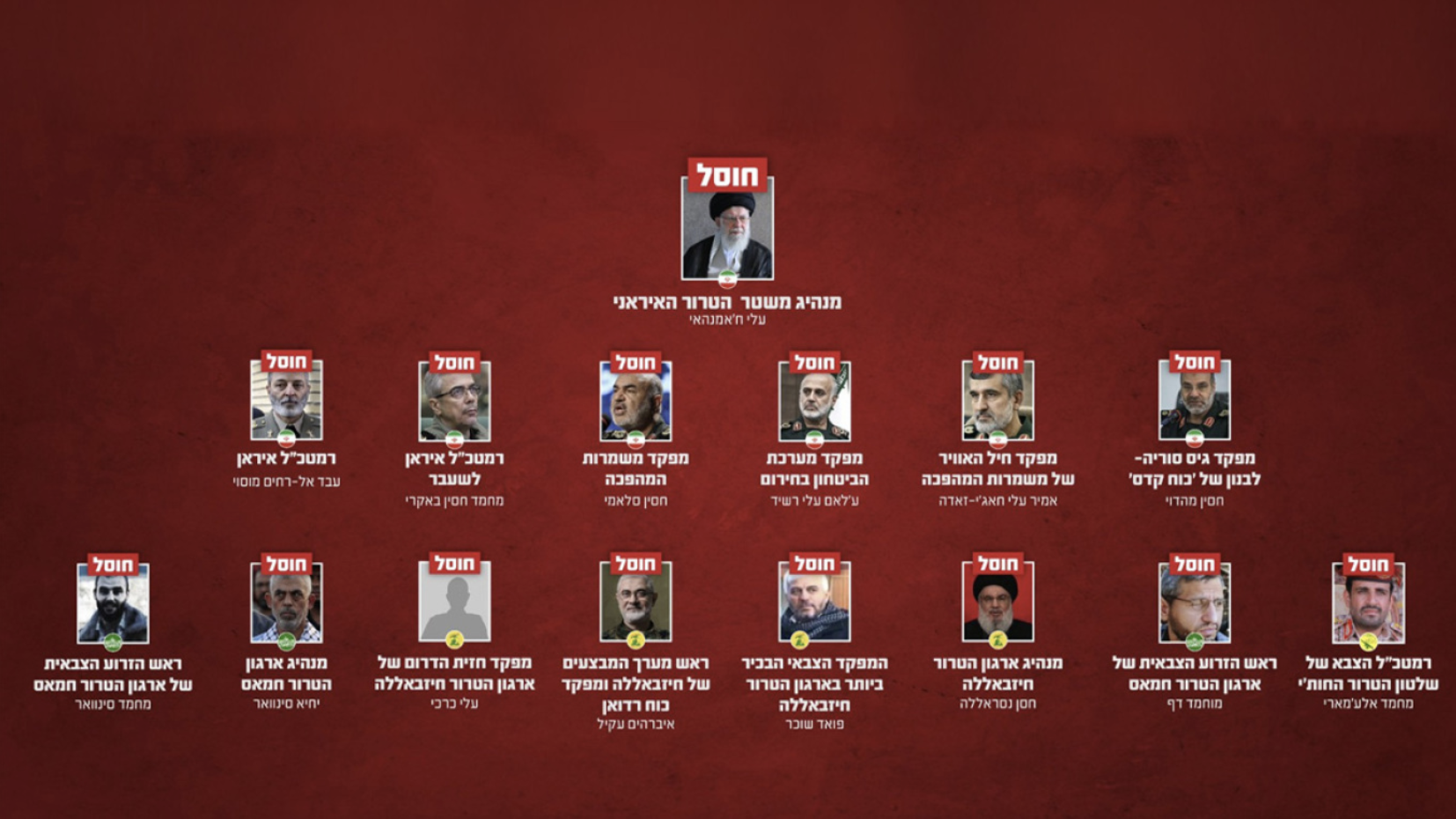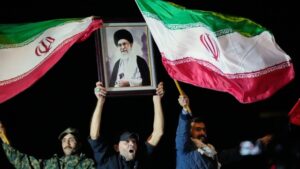Twitter has banned ads from RT and Sputnik over alleged meddling in the 2016 US election. RT’s editor-in-chief says the move will spark retaliation from Moscow and has revealed that Twitter pushed RT to spend ad money during the presidential campaign.
The social network says it will give away money already earned from the two companies.
“Early this year, the US intelligence community named RT and Sputnik as implementing state-sponsored Russian efforts to interfere with and disrupt the 2016 presidential election, which is not something we want on Twitter,” the California-based company said in a statement on its blog.
Before it publicized its decision, Twitter sent a letter directly to RT, in which it explained the move in terms of making sure that “people feel safe” when they use the microblogging site.
“At Twitter we believe in freedom of expression and in speaking truth to power. We also want to ensure that people feel safe when they interact with our site, and that advertisers bring value to our users,” it wrote.
The ban comes a week before Twitter management is due to testify to a US House committee over its role in supposed Russian meddling in last year’s elections. Staff from the company will appear alongside Facebook and Google employees.
The Russian Foreign Ministry later confirmed that Moscow would take countermeasures in response to what it called a “violation of freedom of speech.”
“We consider this an aggressive step that intends to suppress the work of Russian channel RT, which has come about as a result of pressure from the US establishment and security services. Retaliatory measures will naturally follow,” said ministry spokesperson Maria Zakharova in a statement.
“We emphasize that preventing Russian media from doing their job, including with the help of security services, is a testament to a crude violation by the United States of international and internal laws that guarantee the freedom of speech.”
Despite boasting of conducting an investigation and “retrospective work” concerning the 2016 election, at no point, either in public or in private, has Twitter explained how RT’s work constituted election interference or made its audience feel “unsafe.”
While the DNI report it references places RT alongside “quasi-government trolls” and other nefarious agents, there are fundamental differences. There is nothing secretive about RT’s source of funding and certainly nothing underhand about its agenda to provide an alternative view to the mainstream Western news coverage.
To claim that it “interfered” in the election is to equate exposing its US audience to different perspectives on news stories to a form of illegal meddling. At best, this represents an insult to Twitter’s own audience – who the network believes should be protected from challenging views – and at worst, an endorsement of corporate censorship.
source: RT
Ask me anything
Explore related questions





